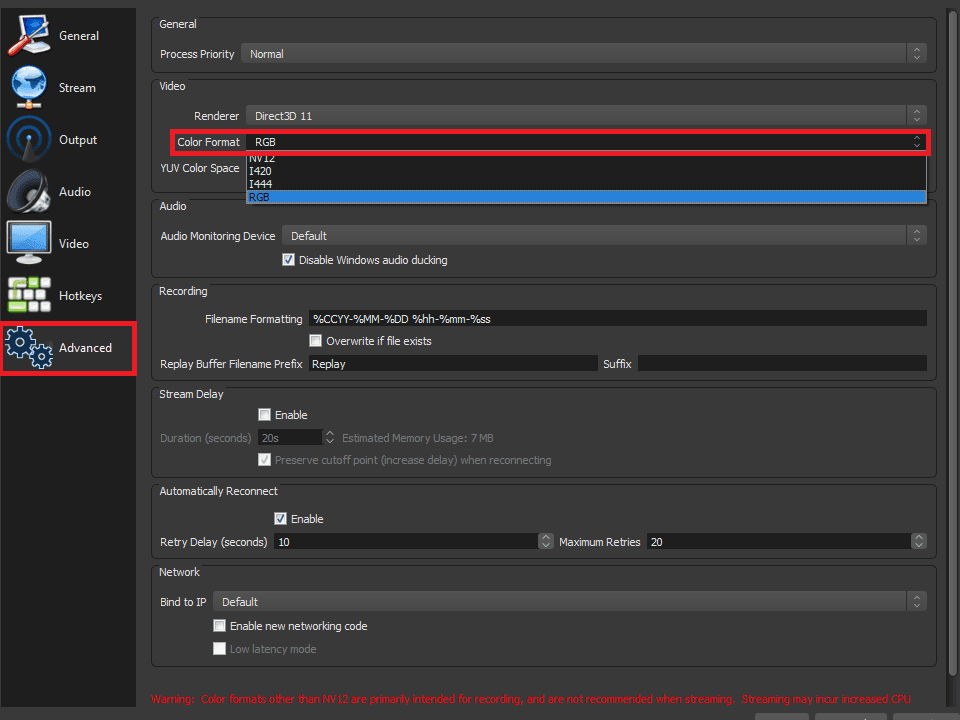


ffmpeg -i "1080p.mp4" -c:v libsvt_av1 -an -rc 2 -b:v 9662K "/media/XX/960 GB SSD/1080p SVT-AV1 4.mp4" CVBR 17m57.796sįor the x264 and x265 encodes aside from choosing the preset and in the case of x264, the tune, I left everything at the defaults, letting the encoder decide how it wanted to create the final product. The video source was put together by going to Xiph Derf and downloading all the files that listed as 4:2:2 1080p, these in turn were loaded into Shotcut and exported as x264 lossless (CRF 0) using the ultrafast preset for a resultant 5.1Gb 2min32s file. Source and destination drives were 2 separate SSDs. To test it I chose my R5 1600 system with 16GB ddr4 2666, Ubuntu 18.04.4 LTS with all the updates, with 2 different ffmpeg versions, x264 and x265 were encoded with the latest ffmpeg+libx264+libx265 available for Ubuntu and ffmpeg+svt-av1 was compiled from the latest dev and patched to allow ffmpeg to use SVT-AV1, There a few claims to remember about AV1, first is that SVT-AV1 can match the reference AV1 encoder, libaom, in theory the best AV1 encoder possible, second that libaom is 20% more efficient than libvp9 and third that it is extremely fast for a AV1 encoder. What I am about to post is a test of Intel's/NetFlix's SVT-AV1 encoder, compared against x264+placebo and x265+placebo.įor those of you that don't know, Intel and NetFlix have been working together on a highly optimized software based AV1 encoder for a while now:


 0 kommentar(er)
0 kommentar(er)
